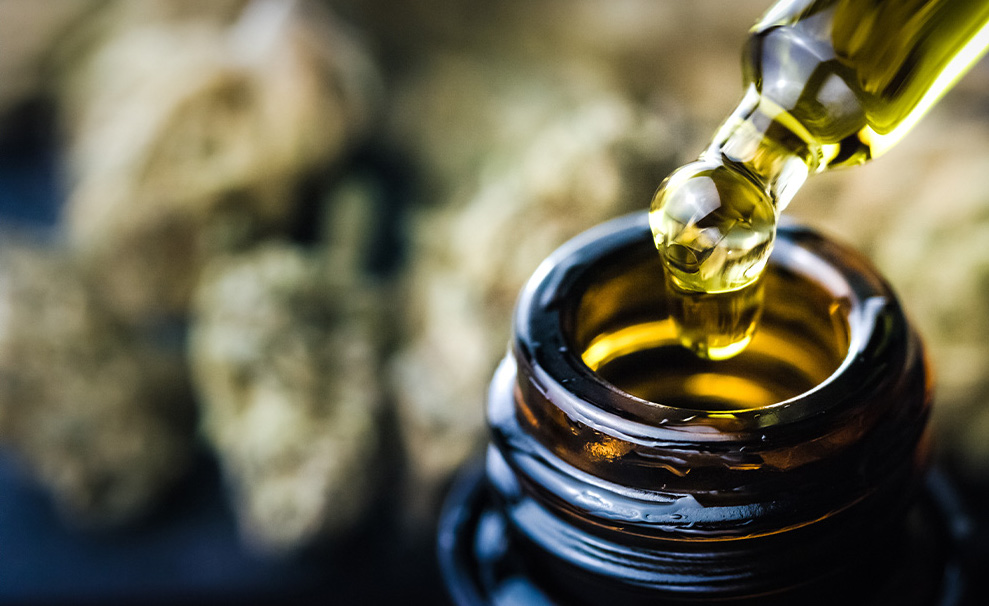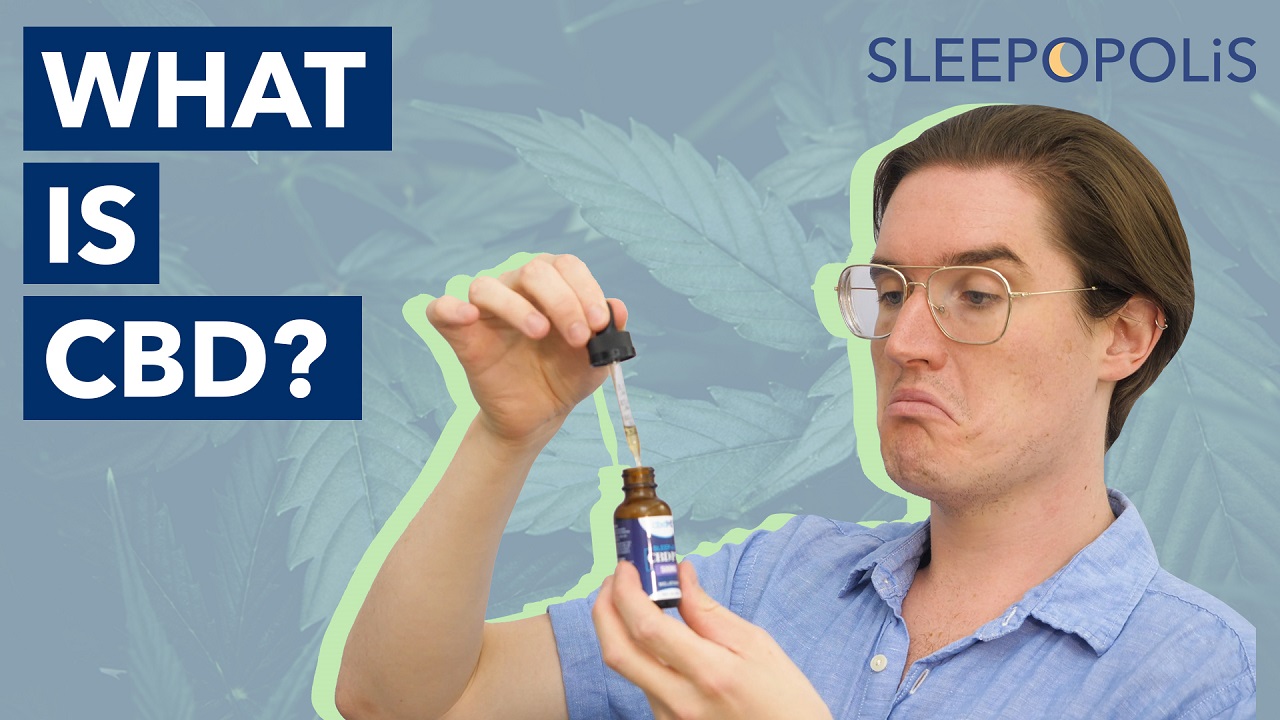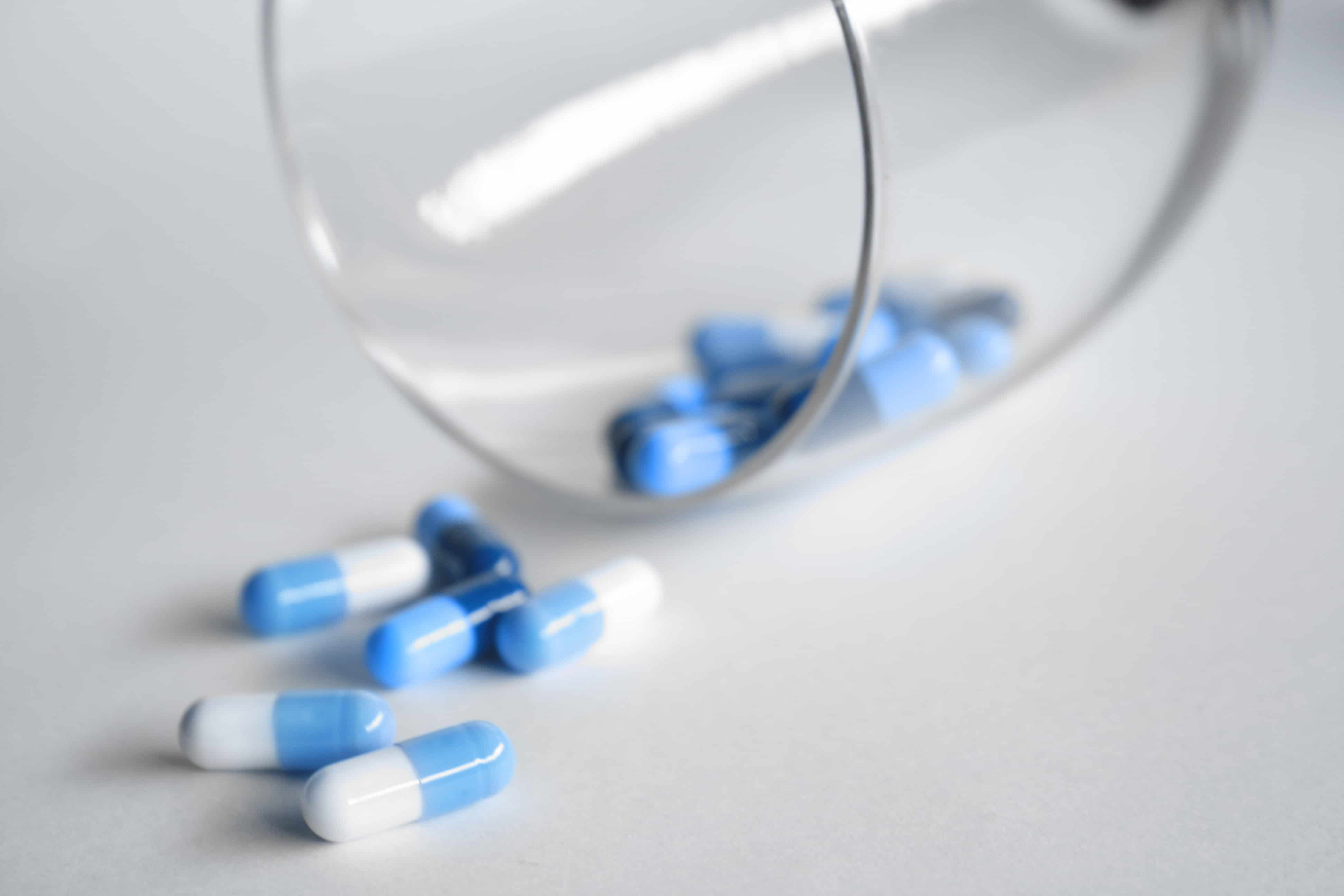
A Florida bill regulating the sale of CBD and Delta-9 has passed the Florida Senate and is headed to the desk of Governor Ron DeSantis.
Senate Bill 1698, also known as the Food and Hemp Products Bill, passed the Florida legislature earlier in March, with a unanimous vote in the Florida Senate to support the measure. The bill is expected to take effect in October 2024 if Governor DeSantis signs it. It prohibits Florida businesses from distributing or selling hemp extract products that are attractive to children. The bill also puts a cap on the amount of THC that can be allowed per serving or package — the ingredient within cannabis that gives the “high effect.” Under the new measure, THC can’t be greater than 5 milligrams per serving or 50 milligrams per package.
In recent years, CBD has been used to help with a variety of physical conditions, including sleep disorders, seizures, and chronic pain. (1) To extract CBD for gummies or salves, makers of CBD products use hemp. Hemp contains THC, which could cause some CBD products to become illegal under the new measure.
However, businesses in the state that are classified as medical marijuana operators will not be affected by the measure and can continue to sell products — even those that are considered illegal in the bill, leading some to worry that the bill will create a medical monopoly. (2)
Supporters of the bill say they aren’t looking to take away from people who need the support CBD products can offer but want it done through the right channels and with proper regulation.
“You could get sushi at a gas station, but I certainly wouldn’t recommend it,” said GOP Representative Joel Rudman, a physician, during House discussions. (3)
According to a Whitney Economics study, Florida has 10,000 hemp businesses and $6.9 billion came from CBD sales.
For those with sleep issues, CBD might have a sleep-promoting effect, though researchers aren’t completely sure how it works yet. Some experts have told Sleepopolis that their patients anecdotally have improved sleep, though they are conflicted on whether it might disrupt your deep sleep, causing tiredness during the day. But this hasn’t stopped people with sleep issues from trying CBD and other supplements to try to improve their symptoms, though Sleepopolis always advises to check with your doctor first.
Some people trying CBD might worry that they’ll become addicted and reliant on it for sleep. However, experts share that CBD is not habit-forming, though THC, the part limited by the proposed bill, can. And, like any medication or supplement, there’s the chance for side effects, including interactions with other medications, drowsiness, diarrhea, appetite and mood changes, and liver damage.
Those looking to try the supplement for sleep should check if a supplier has a “Certificate of Analysis” (CoA) from an independent laboratory to ensure a reputable purchase. And check out Sleepopolis’s guide to natural sleep aids here.

CBD and Sleep

10 Sleep Trends for 2024: Separating Fads from Science

Common Natural Sleep Aids & Supplements

Sleepopolis Survey Reveals That a Surprising Number of Americans Are Trying Sleep Aids
Sources
1. Harvard Health Publishing; “CBD products are everywhere. But do they work?” Harvard Medical School; https://www.health.harvard.edu/newsletter_article/cbd-products-are-everywhere-but-do-they-work; December 14, 2021.
2. Stinson, Jim; “Florida CBD retailers worry statewide hemp legislation will crush them,” The Business Observer; https://www.businessobserverfl.com/news/2024/feb/27/florida-cbd-retailers-worry-statewide-hemp-legislation/; February 27, 2024.
3. Perry, Mitch; “Florida Legislature gets rid of ‘delta-8’ hemp products; Puts THC caps on hemp-derived products,” The Florida Phoenix; https://floridaphoenix.com/2024/03/06/florida-legislature-gets-rid-of-delta-8-hemp-products-puts-thc-caps-on-hemp-derived-products/; March 6, 2024.